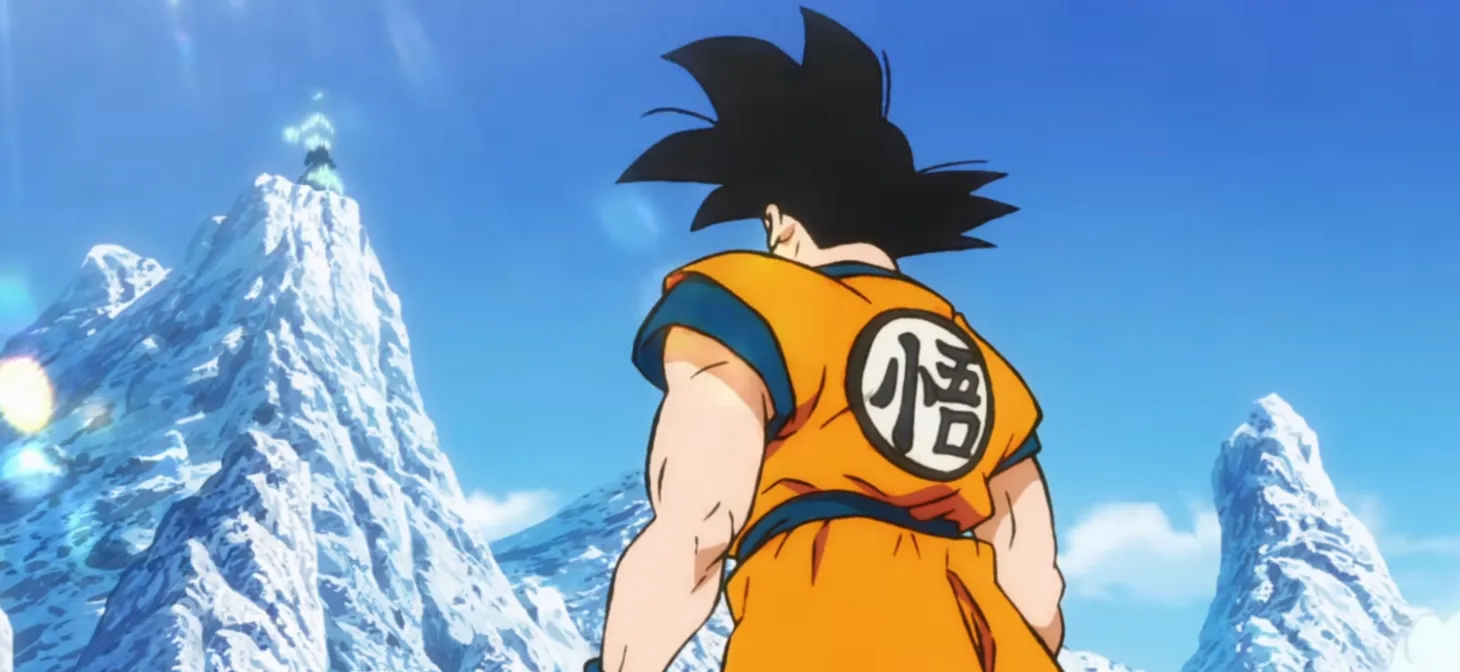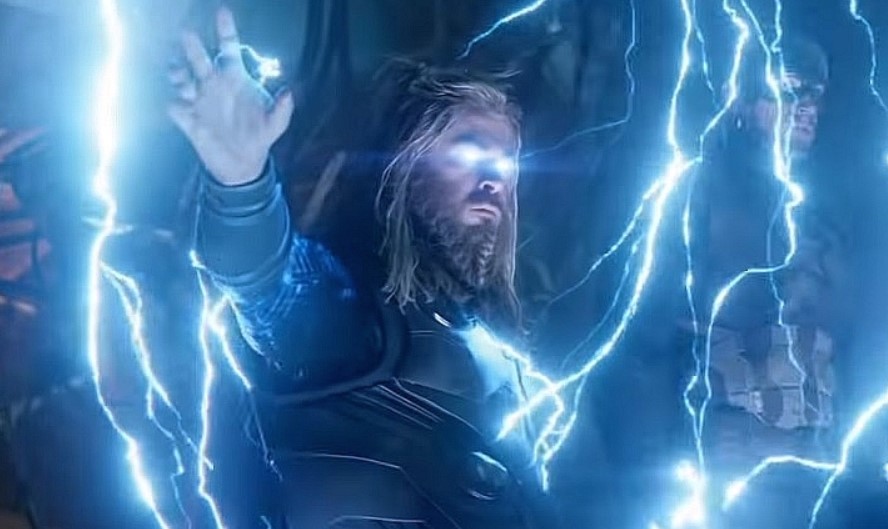 Despite my love of Dragon Ball, it's a series I've never been soft in criticising, particularly in its protagonist Son Goku. If anything I find indulging in his and the series' flaws to be something of an enjoyable passtime. In truth I don't give Dragon Ball enough credit where it's due in both its influence on me and my favourite stories. Dragon Ball is an incredibly flawed franchise, its films even more so, to the point where I would suggest out of the 21 films produced so far, only 2 could be qualified as good, Dragon Ball Super - Broly being one of them. That being said, the main praise I see for this film is that it is a visual marvel, which it absolutely is, practically 2/3 of the film is fight scenes and they are masterfully crafted-Apart from the CGI but we can forgive that-it is to no rival the best fight scenes in Dragon Ball history. Where the film deserves far more praise however is with its characterisation.
Despite my love of Dragon Ball, it's a series I've never been soft in criticising, particularly in its protagonist Son Goku. If anything I find indulging in his and the series' flaws to be something of an enjoyable passtime. In truth I don't give Dragon Ball enough credit where it's due in both its influence on me and my favourite stories. Dragon Ball is an incredibly flawed franchise, its films even more so, to the point where I would suggest out of the 21 films produced so far, only 2 could be qualified as good, Dragon Ball Super - Broly being one of them. That being said, the main praise I see for this film is that it is a visual marvel, which it absolutely is, practically 2/3 of the film is fight scenes and they are masterfully crafted-Apart from the CGI but we can forgive that-it is to no rival the best fight scenes in Dragon Ball history. Where the film deserves far more praise however is with its characterisation.Dragon Ball Super - Broly as suggested by the name, features Broly-a longtime popular film antagonist-in his first canonical appearance in the franchise. Broly as a character became a hit with the fans through design alone. I hold that there is no hyperbole there, he has a terrible backstory, zero personality and exists just as one giant muscle with a cool haircut. I doubt any fan would question that, his films go from 'meh' to 'terrible' but goddamn he looks good. This being the first film featuring Broly to be written by series creator Akira Toriyama holds true to the initial origin of Broly while also reinterpreting him to be......Good.
The best thing this film does with Broly is turn his initial perception into his new origin, just a big walking muscle controlled by his father to fight Goku because of reasons. The film takes that view of him and has the characters Cheelai & Lemo (Who btw definitely need to become series regulars) and they try to bring more to the character, to try and give him his own goals and home outside of this mindless fighting machine. He of course does still fight Goku but Goku himself acknowledges his hatred and desire to fight him doesn't come from a believable place. There is no logical reason for Broly and Goku to be enemies, though there are many layers to the manipulation, this is all the reasoning Goku needs. Broly is not his enemy, they have no reason to fight outside of the fact they are really strong. This in turn connects to the best elements of Goku as a character. Goku loves fighting, his main goal in life is to always get stronger, always find the next big fighter to fight, its why he has let so many of his greatest enemies live, because why would he waste such power when he could fight them again and get even better?
Logically speaking this makes for a terrible character, letting such big threats survive and really every time it's worked out so far is just because these antagonists end up creating strong relationships with secondary characters, Piccolo with Gohan, Vegeta with Bulma, Majin Buu with Mr Satan, etc. Broly however is the first one where it is entirely Goku's connection with him that redeems him. Broly is relatively neutral as a character, he is just manipulated by his father or by Frieza into causing so much destruction. Goku's desire to fight strong opponents is matched by his belief in free will, recognising Broly is not fighting for his own needs, it becomes a battle not to get stronger, but to free Broly from those who control him. It's why the film ending with Goku letting Broly live and promising a rematch someday is arguably the most well deserved antagonist redemption in Dragon Ball history, it is an antagonist that is perfectly understood and saved by Goku alone and frankly is the best story to involve the character since probably the original Dragon Ball series, before even Z came along and relied on a fantastic supporting cast to pick up the mess that Goku constantly left behind, but not this.
Dragon Ball Super - Broly has a lot going for it in terms of calling in the best Dragon Ball film, considering it has the best representation of the series protagonist and the best fight scenes in an action oriented series, it's understandable why people would give it such high praise. While calling it the best Dragon Ball film is something I'm not sure I can decide as Dragon Ball Z: Battle of Gods still holds a special place in my heart as the perfect highlight of the series best elements while adding new qualities and promises of adventures that I'm not sure can be overtook, what I can say is this film provided the best representation of Goku in literally 30 years, as well as recreating the iconic villain of the franchise into someone with depth and purpose, as well as the best animation in the franchise's history, it really is a tough call. I'm never going to argue against quality Dragon Ball, and if nothing else, this film has made me want to talk more and more about the good stuff of the franchise because frankly, I've spent too long mocking it for the bad when it deserves so much more.
-Danny


